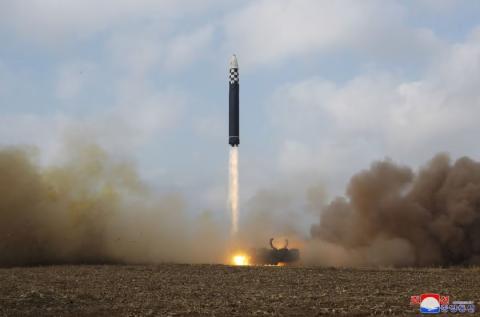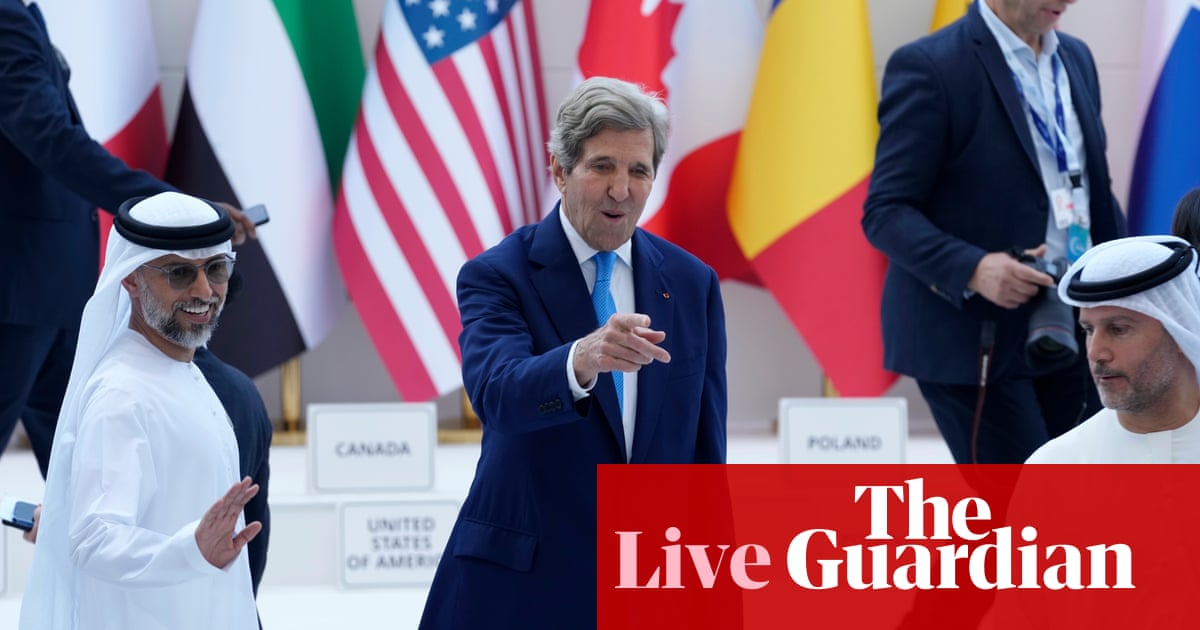
North Korea said Sunday it had test-fired an intercontinental ballistic missile as a warning to Washington and Seoul, saying the successful "surprise" drill demonstrated Pyongyang's "capacity of fatal nuclear counterattack".
Leader Kim Jong Un ordered the "sudden launching drill" at 8 am Saturday (2300 GMT) and a Hwasong-15 missile -- a weapon first tested by the North in 2017 -- was fired from Pyongyang airport that afternoon, the official KCNA reported.
South Korea's military said it detected an ICBM launch at 17:22 (0822 GMT) Saturday, which Japan said flew for 66 minutes before splashing down in its Exclusive Economic Zone, with their analysis indicating it was capable of hitting the mainland United States.
North Korea's leadership hailed the test -- the country's first in seven weeks -- saying it showed "the actual war capacity of the ICBM units which are ready for mobile and mighty counterattack", KCNA said.
The launch was "actual proof" of the country's "capacity of fatal nuclear counterattack on the hostile forces", it added.
The sanctions-busting launch came just days before Seoul and Washington are due to start joint tabletop exercises aimed at improving their response in the event of a North Korean nuclear attack.
Pyongyang had last week warned of an "unprecedentedly" strong response to upcoming drills, which it describes as preparations for war and blames for the deteriorating security situation on the Korean peninsula.
The Saturday test is significant as "the event was ordered the day-of and so this is not so much a traditional 'test', but an exercise," US-based analyst Ankit Panda told AFP.
"We should expect to see additional exercises of this sort," he added.
The exercise appeared to be "Kim's way of telling the US and ROK that his country is continuing to hone its ballistic missile capabilities for eventual use in a real-time scenario", said Soo Kim, a former CIA Korea analyst who now works at management consulting firm LMI.
"The weapons aren't for display only," she told AFP. "This layer of imminence is probably intended to intimidate the allies, notably as they're making efforts to strengthen deterrence in the Korean Peninsula."
But the nine-hour process from Kim Jong Un's order to the actual launch was "a long time", she said, suggesting Pyongyang may face "greater challenges in launching in a realistic scenario".












